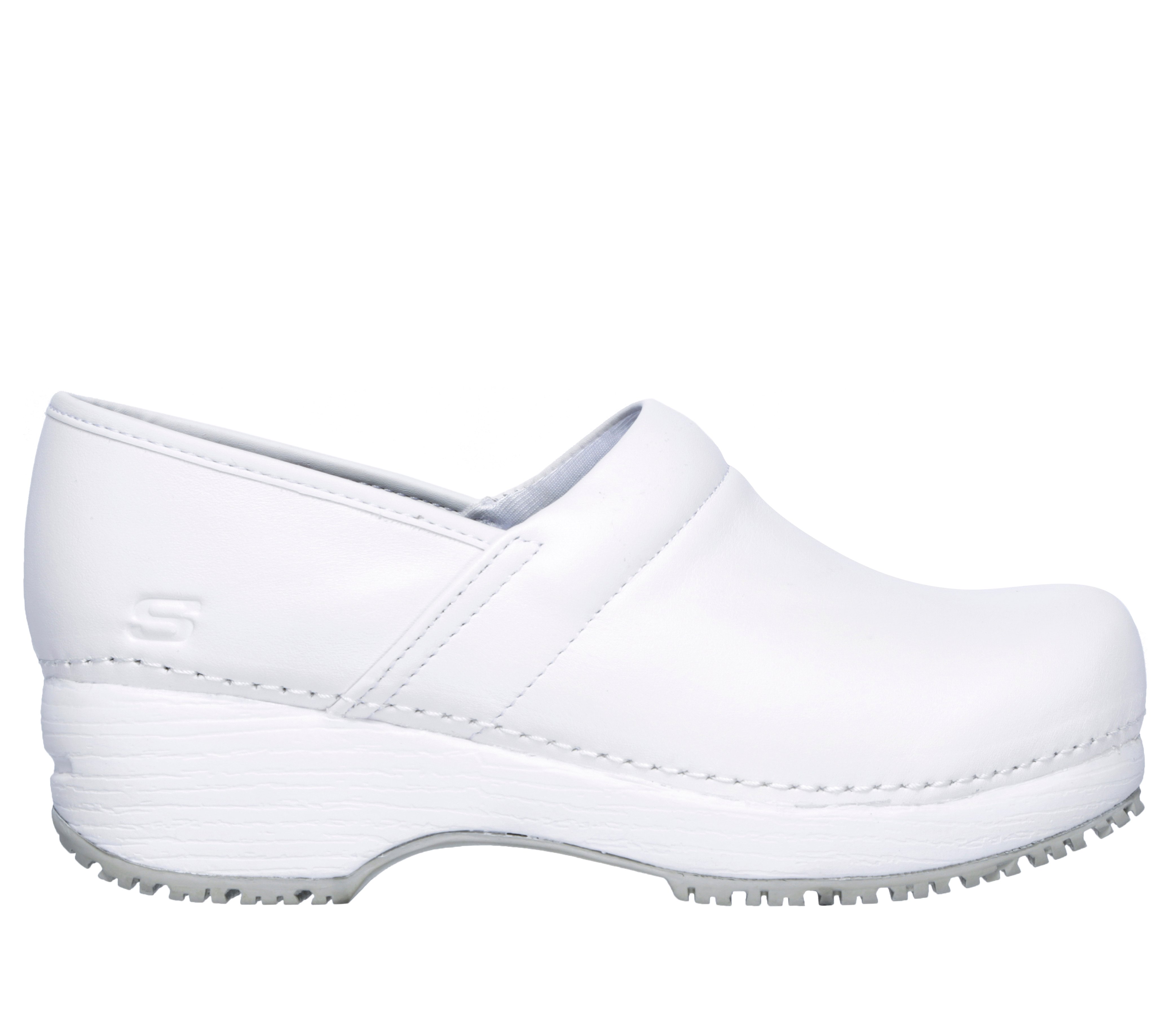How much does having a well-known academic ortho surgeon in the field supporting your application matter? I am a non-traditional student who became very close with an orthopaedic surgeon prior to medical school. This surgeon told me before I went to med school that I better go into ortho or he would be mad at me (somewhat kidding, but he loves mentoring and really wanted me to pursue ortho), and that he would support me in any way (he wrote me a LOR for med school). He is a full Professor at a well-known academic uni.
I loved ortho prior to med school but I wanted to explore other fields because I didn't want to get my hopes up (I am a very average-below average student academically) given how competitive med school is. I did research in another surgical field (pretty productive as I have a couple of pubs and 15+ posters). Fast forward two years and I am a rising M3 with a 237 Step 1 and 4th quartile grades. I am considering making the plunge to ortho but I know I am a very below average applicant given Step score and class rank. If I busted my ***, considered an ortho research year and used my connections the best I could would I stand a chance at matching? I have no connections at my university currently but would obviously work on that as well as using my connections from my mentor who is a well-known academic surgeon (travels to tons of conferences, publishes a lot, etc).

